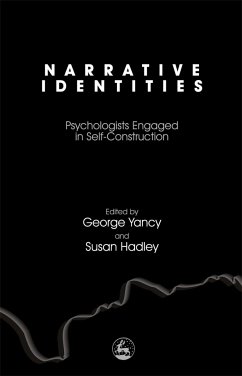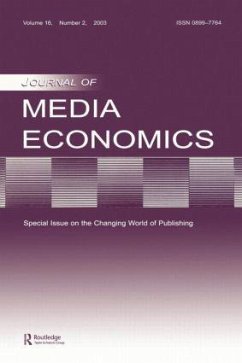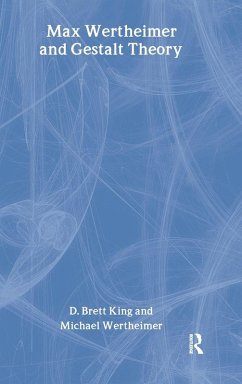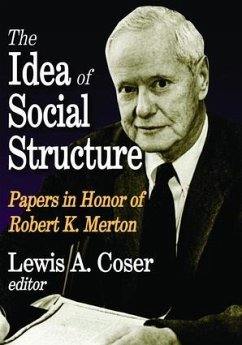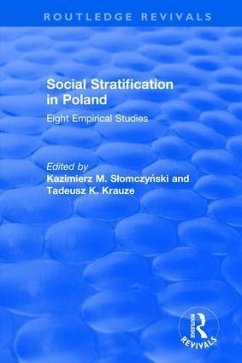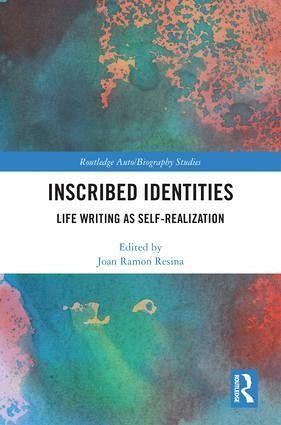
Inscribed Identities
Life Writing as Self-Realization
Herausgeber: Ramon Resina, Joan
Versandkostenfrei!
Versandfertig in 1-2 Wochen
169,99 €
inkl. MwSt.
Weitere Ausgaben:

PAYBACK Punkte
85 °P sammeln!
Autobiography is a long-established literary modality of self-exposure with commanding works such as Augustine's Confessions, Rousseau's book of the same title, and Salvador Dalí's paradoxical reformulation of that title in his Unspeakable Confessions. Like all genres with a distinguished career, autobiography has elicited a fair amount of critical and theoretical reflection. Classic works by Käte Hamburger and Philippe Lejeune in the 1960s and 70s articulated distinctions and similarities between fiction and the genre of personal declaration. Especially since Foucault's seminal essay on "Se...
Autobiography is a long-established literary modality of self-exposure with commanding works such as Augustine's Confessions, Rousseau's book of the same title, and Salvador Dalí's paradoxical reformulation of that title in his Unspeakable Confessions. Like all genres with a distinguished career, autobiography has elicited a fair amount of critical and theoretical reflection. Classic works by Käte Hamburger and Philippe Lejeune in the 1960s and 70s articulated distinctions and similarities between fiction and the genre of personal declaration. Especially since Foucault's seminal essay on "Self Writing," self-production through writing has become more versatile, gaining a broader range of expression, diversifying its social function, and colonizing new media of representation. For this reason, it seems appropriate to speak of life-writing as a concept that includes but is not limited to classic autobiography. Awareness of language's performativity permits us to read life-writing texts not as a record but as the space where the self is realized, or in some instances de-realized. Such texts can build identity, but they can also contest ascribed identity by producing alternative or disjointed scenarios of identification. And they not only relate to the present, but may also act upon the past by virtue of their retrospective effects in the confluence of narrator and witness.




